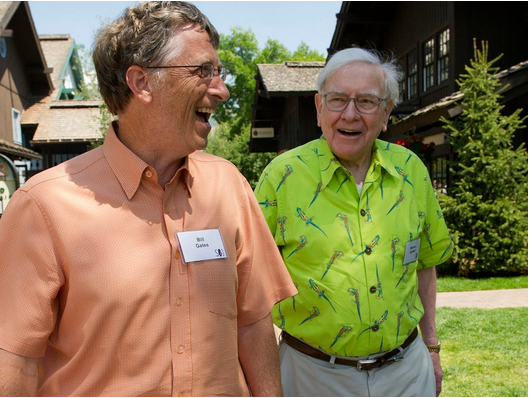Psychology
9 Inventive Ways to Identify and Process Your Emotions
I regularly share strategies to process our emotions on this blog because I want to highlight an important point: We can feel our emotions, even when we’ve spent years pretending they don’t exist or when we’ve let them dictate our decisions (and we fear their intensity). In other words, it doesn’t matter if you never…
Read MoreIs There a Best Time to Work Out? ➤ Morning, Lunchtime, or Evening
There are quite a number of different studies that suggest that training in the late afternoon or early evening is the best time for most people. The reason for this has to do with muscle temperature, which reaches its peak around this time. Warmer muscles increase the metabolic processes and energy metabolism of the muscles.…
Read MoreWhat Is Psychologists’ Favorite Word? Embracing this word opens you to deeper understanding and mental flexibility.
Your perspective and their perspective In conflicts, people often waste a lot of time and energy arguing about who is right or wrong. This tends to go nowhere. A more useful approach is to recognize that different people have different perspectives, all of which can be valid, even if they contradict one another. This use of…
Read More5 Easy Ways to Boost Your Brain Health Stop wasting money on brain supplements and try these science-backed tricks
Brain supplements are big business. In 2015, the supplement market specifically targeted toward boosting brain health was worth an estimated 2.3 billion dollars. By 2024, that number is expected to increase by 500 percent, reaching an estimated 11.6 billion dollars. More and more, people are turning to supplements to enhance their memory, alleviate depression and…
Read MoreHow Long Does It Take for a New Behavior to Become Automatic?
According to a 2009 study published in the European Journal of Social Psychology, it takes 18 to 254 days for a person to form a new habit. The study also concluded that, on average, it takes 66 days for a new behavior to become automatic. Read on to learn why this is, how this figure…
Read MoreThis Brain Region Lights Up When People Display Confirmation Bias
Humans have a hard time changing their minds. A chief culprit is often confirmation bias — the tendency to reject new information that counteracts our beliefs and pay attention to information that supports them. Now, a new brain imaging study provides some insights into the specific regions that give rise to confirmation bias. Click here…
Read MoreFrom Bill Gates to Warren Buffett: 5 lessons from billionaires in 2019
There are only about 2,604 billionaires in the world — or 0.0002% of planet’s population — and more than 67% of those billionaires are self-made. Throughout 2019 some of those self-made billionaires shared lessons on life and how they found success. Here are five that stood out. Click here to read the full article.
Read More





